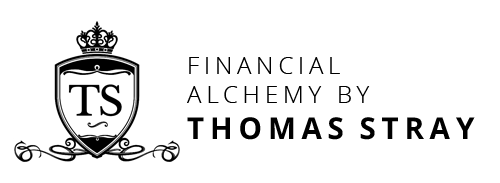In the dynamic realm of cryptocurrencies, each new day presents fresh obstacles and prospects. We stand on the verge of a significant juncture in this journey as the U.S. Securities and Exchange Commission (SEC) focuses its attention on Binance, the largest cryptocurrency exchange worldwide.
Binance, led by its founder Changpeng Zhao, popularly known as CZ within the community, is confronted with scrutiny from the SEC. Allegations suggest that Binance has exhibited insufficient compliance with federal securities laws, as they stand accused of enabling trading in securities without adequate oversight. This development has sparked intense conversations regarding the future of regulation in the crypto industry.
In this blog post, I will explore the consequences of the SEC’s accusations directed at Binance and the potential positive aspects that may emerge from this seemingly unfavorable situation. Additionally, I will discuss the opportunities that arise for the broader cryptocurrency industry. So, prepare yourself as we navigate through these challenging regulatory circumstances, keeping in mind that every difficult period is followed by brighter prospects.

In the midst of upheaval, there are positive aspects and valuable insights to be gained for both the cryptocurrency industry and investors. Firstly, it is crucial to recognize that the crypto sector is still in its early phases, and regulatory scrutiny is a natural part of its growth and development. The charges brought by the SEC against Binance signify the growing focus of regulators on safeguarding investors and upholding market integrity. Rather than perceiving this scrutiny as wholly negative, it can be viewed as essential to establishing a more secure and transparent cryptocurrency market.
Binance’s response to the charges has been commendable. Binance has promptly and proactively responded to the charges brought forth by the SEC. They have expressed their dedication to collaborating closely with the regulatory authority, demonstrating their willingness to adapt their operations in accordance with required standards. This stance instills confidence not only among Binance users but also within the wider crypto community. It highlights the company’s readiness to address the situation and engage in meaningful discussions with the relevant authorities, underscoring their commitment to fostering a compliant and secure cryptocurrency ecosystem.
Moreover, CZ’s call for unity within the industry in the face of these charges is noteworthy. His statements underscore the need for the crypto industry to establish a collective code of conduct, a unified regulatory response that benefits all stakeholders. Such a collaborative approach could pave the way for a more resilient regulatory framework, one that’s crafted by the industry and for the industry.

The charges brought by the SEC have not only focused
attention on Binance but have also brought other regions into the spotlight,
particularly the Middle East and North Africa (MENA). Waseem Mamlouk,
representing Nimbus, a Blockchain DeFi Fintech company, expressed that
businesses are now considering these crypto-friendly jurisdictions as potential
locations for establishing their operations. This shift in focus has the
potential to stimulate the development of the cryptocurrency industry in these
regions, positioning them as potential hubs for digital asset ventures.
Furthermore, the fact that Ethereum was not listed as part
of the assets that are centralized in nature is a significant win for the
Ethereum community. This could potentially signal a more favorable regulatory
outlook for Ethereum and other decentralized assets, encouraging further
innovation and investment in these technologies.
Final Thoughts
In summary, despite the perceived setback for the crypto industry in the SEC’s charges against Binance, there are prospects for progress and advancement. These charges underscore the importance of establishing a cohesive regulatory framework, opening up possibilities for other regions to embrace crypto-friendly environments and reaffirming the potential of decentralized assets such as Ethereum. As the crypto industry evolves, it is vital for all parties involved to navigate the regulatory landscape with a collaborative approach, emphasizing transparency and prioritizing the protection of investors.





